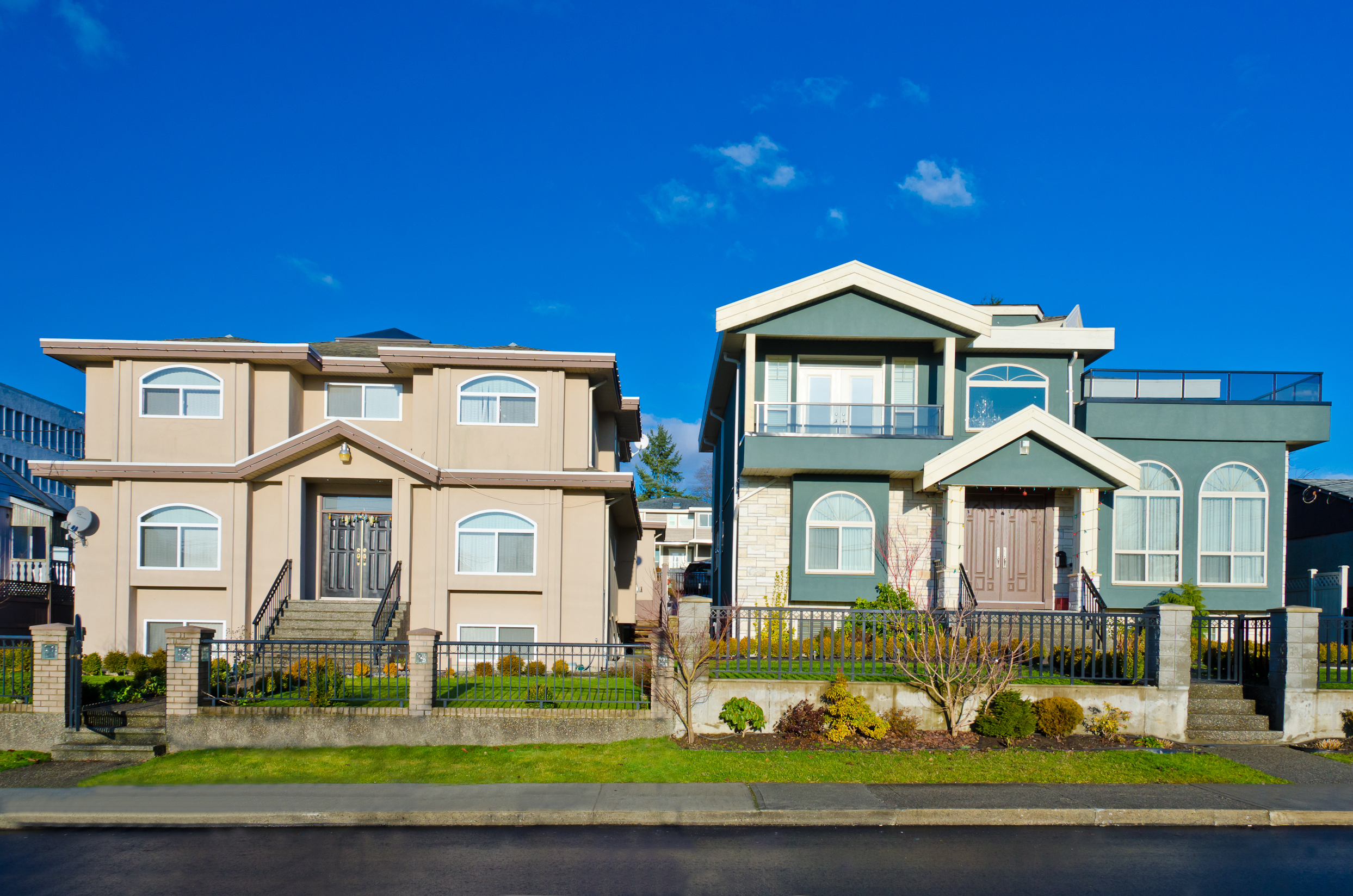Anyone who has watched the real estate market of late (and by that, I mean the last decade) knows that owning real estate at any time since the crash of 2008 bottomed out was a great investment. And while real estate can certainly go down in value like any investment—as it did in 2008—buy and hold real estate is still the best investment around.
The reason for this is the handy acronym IDEAL. In short:
- I: Income
- D: Depreciation
- E: Equity Build-up
- A: Appreciation
- L: Leverage
To elaborate a bit more, lets look at each specifically.
Income
Income is the positive cash flow that a real estate investment can bring in. This monthly income is nice but should be seen in two ways: 1) as the cherry on top as it will be rather small until you have a large number of properties and more importantly 2) as a fail-safe in case the market does go down. If your real estate does lose value, but the property still cash flows, you can ride out such lows. Because remember, in the long run, real estate goes up in value.
Depreciation
Depreciation is a tax advantage. Namely, while real estate goes up in value over time, the government considers the property to depreciate as if it were a used car. For residential properties, every year a property will lose 1/27th and half of its value (technically just the building, not the land, which is considered about 80 percent of the value). This “loss” can be counted on your taxes against any income you made from the property. So generally speaking, your income tax for cash flow will be zero. And for active investors (those who work over 750 hours a year in real estate investment) this tax “loss” can be counted against any income you make.
Equity Build-up
If you use a bank loan on your real estate, each month you pay off a bit of principal in the loan. If the property cash flows (which it should if you buy right) that means you are not only making an income, but also increasing the amount of equity in your property each and every month.
Appreciation
In fact, you increase the equity you have in the property in two ways. The first is through principal paydown as noted above. The second is because real estate generally goes up. Not always, of course. But over the long run, real estate has consistently appreciated in value.
Leverage
And this appreciation is compounded by the ability to use debt, or leverage, to purchase real estate. So, for example, if you buy a property for $200,000 and get a $150,000 loan on it; a 10 percent increase in its value would actually be a 40 percent gain! The property would go up to $220,000, which would be a gain of $20,000 and $20,000 divided by your down payment ($50,000) is 40 percent.
And since real estate goes up in the long term, this effect will work in your favor over the long term.
Risk Mitigation and Built-in Equity
Of course, real estate doesn’t always go up. And if that property lost five percent of its value, your loss would be 40 percent. Leverage is, as it has always been, a two-edged sword.
Real estate, however, offers a great way to mitigate this risk. Namely, you can buy with “built-in” equity. Because the real estate market is local and there are plenty of motivated sellers and value-add opportunities, it is possible to consistently buy under market value. So for example, if that property noted above that was bought for $200,000 is actually worth $250,000 upon purchase (and rehab) you have 1) made $50,000 right off the bat and 2) if the market goes down 10 percent and it loses $25,000 of value, you still have $25,000 of equity in the property.
You haven’t lost anything. This is the BRRRR strategy so many are (rightfully) talking about.
Of course, that means you have to buy right and be careful, especially in a hot market like we are in now. But overall, the advantages of real estate are overwhelming. Buy and hold real estate investments is truly the best way for someone of modest means to become independently wealthy.
To find out more, please check out our video on the subject and subscribe to our YouTube channel.
























0 Comments